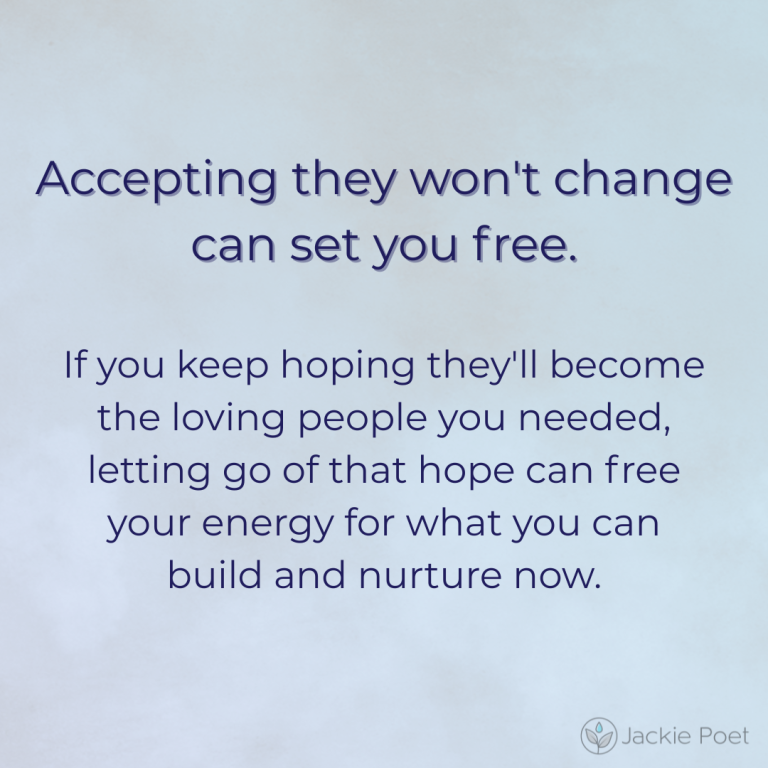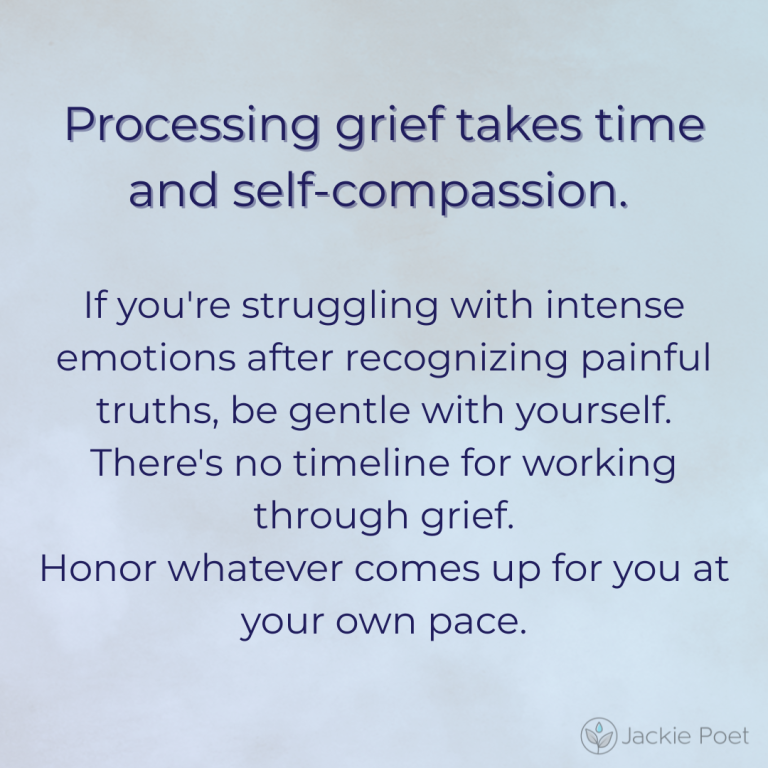If self-compassion feels impossible, wrong, or selfish – or if you are far harsher on yourself than you ever would be with someone you love – there is a reason.
Many of us were shown very little compassion as children. When parents are emotionally immature, their own needs come first. Comfort and care are not priorities. A child in that environment grows up without regular experiences of being soothed, protected, or genuinely cared for.
Without those experiences, we have no inner model for self-compassion. We don’t know what it feels like to be consistently comforted, so kindness toward ourselves can seem unfamiliar or even unsafe. It isn’t that we lack willpower or character; it’s that compassion was not part of the world we knew.
Over time, we may also absorb the cruel and unfair lesson that we are not worth compassion. Those messages become deeply held beliefs: that we must be hard on ourselves to survive, that gentleness is weakness.
This struggle is not a personal failing. It is the natural result of early experiences beyond our control. When we understand this, we can approach self-compassion with patience instead of self-criticism.
Learning self-compassion as an adult is absolutely possible. Start small. Notice how you speak to yourself compared to how you speak to a close friend. Practice offering yourself the words of care you needed but didn’t receive. With time, these small acts begin to build a new internal experience – one that should have been present from the start. The lesson you were taught was wrong. You are and always have been worth compassion. With practice and support, you can develop the kindness toward yourself that was missing in childhood and carry it forward into every part of your life.
Continue your healing journey with Toxic by Jackie Poet a compassionate guide to understanding and overcoming the lasting effects of childhood trauma.







